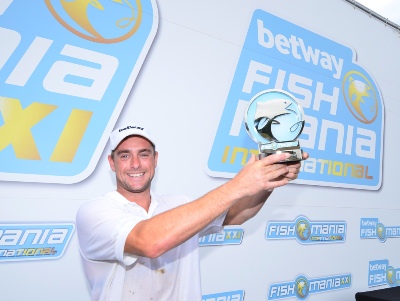By Gareth Purnell
What is match fishing?
In match fishing your aim is to weigh in more than the other competitors. All those fishing the match draw a peg, and have to fish only from that peg for the duration of the match. In the UK the majority of matches are five hours in length. In some European countries matches of three hours are more commonplace.
Are there different kinds of matches?
Yes. Open matches can be fished by anyone. These tend to be of a high standard and will include several venue regulars who will be difficult to beat for newcomers. Many anglers choose to fish club matches before progressing onto the open match scene. Club matches can only be fished by members of that club. They tend to be very friendly and sociable affairs and are a good introduction to match fishing. There are also team fishing events. In the UK these tend to be run by the angling publications, or the Angling Trust (www.anglingtrust.net).
How do team match fishing events work?
Team fishing events tend to be scored not by weight, but by points. If the event is, for instance, for teams of six, there will be six sections with one angler from each team in each section. The winner of the section might get one point and the angler who finishes sixth in the section six points. All the team points are added up at the end of the match and with this scoring system, the team with the lowest total points tally wins.
How do I get started in match fishing?
If you are thinking about entering the world of match fishing, you have probably been pleasure fishing for some time and want to test your abilities against other anglers. There will almost certainly be a fishery near you that holds regular open matches but it might be better to start by joining a local angling club. If you don’t know how to find a local club, ask at fisheries and fishing tackle shops in your area for the name of a recommended club that holds lots of matches. Or simply search on the Internet.
How do match pools and match entry fees work?
This can vary from event to event but essentially there will be a fee to enter the match which will cover the peg fee (the cost of fishing for the day) and also some of the payout. There will also usually be an optional ‘pool’ which you can choose to pay into if you wish to. This is paid before the pegs are drawn. Newcomers to match fishing might be better off not paying into the pools at the start, until they have a feel for how their ability compares to the other anglers fishing.
Can I get sponsored?
Only the very best match anglers are sponsored. These anglers not only have great ability and win many matches, but they also get a lot of publicity for their sponsors in the angling press and on the Internet. In recent years money is coming into angling for many different and diverse sources, as recently as last year online betting site Betway.com sponsored Fishomania which paid out £30,000 to the winner. Whilst there is money to be made, if you go into match fishing thinking you are going to make a lot of money you are probably going to be sorely disappointed. Go match fishing to enjoy it and to make new friends.
What tackle will I need?
The tackle you will need for match fishing depends on what sort of venues you fish – you will need different tackle for stocked (commercial) stillwaters, rivers and canals. You will however need a good pole that you can handle at at least 13metres and preferably more, plus at least one feeder rod, and at least one float rod and good quality fixed spool reels. Match fishing isn’t a cheap option. You are fishing against very good anglers and do not want to spoil your chances by using low quality or inappropriate tackle.
What if I start getting beaten?
You will. Not even the best anglers in the world can win every match they fish. The key is to use every match as part of a learning curve and to keep improving. As you do, you will become more consistent and your overall results will improve, and your first match win will come. One really good tip is to not be afraid to ask the angler who won the match how he fished. Usually the key to winning any match is how you feed the peg, and what with.






